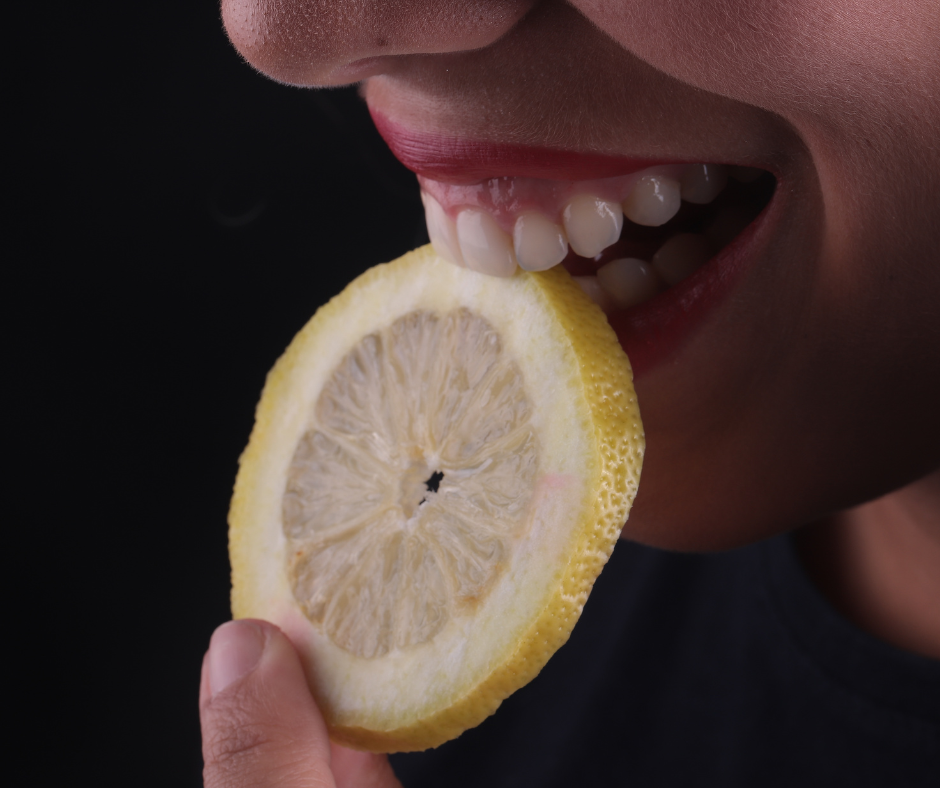Are your teeth sensitive to hot and cold?
Are your teeth sensitive to hot and cold? If you often feel pain or discomfort when consuming cold or hot foods and beverages, then this article is for you.
Primarily, sensitivity is caused by the exposure of dentinal tubules, commonly due to root exposure in the cervical area caused by gum recession.
It’s noteworthy that this condition affects around 57% of the Portuguese population and deserves our full attention. Additionally, a drop in temperature can lead to increased tooth sensitivity due to the exposure of dentinal tubules, causing discomfort and pain in the teeth.
Similarly, tooth enamel is highly mineralized and nearly impermeable. However, this protective layer can be removed or lost due to various factors, exposing the dentin and resulting in tooth sensitivity.
RISK FACTORS OF TOOTH SENSITIVITY:
- Poor oral hygiene
- Consumption of acidic beverages
- Tobacco use
- Cracked teeth
- Bruxism (teeth grinding or clenching)
- Dental cavities
- Teeth whitening
- Dental treatments
SYMPTOMS OF TOOTH SENSITIVITY:
- Pain or discomfort when consuming cold or hot foods and beverages
- Pain when consuming sweet or sour foods
- Pain when inhaling cold air
- Pain when brushing teeth
CAUSES OF TOOTH SENSITIVITY:
- Enamel wear (hard brushes or excessive brushing force)
- Gum recession
- Dental erosion (from acidic foods or beverages)
- Dental erosion (bulimia or gastroesophageal reflux)
TREATMENT:
Treatment for tooth sensitivity depends on its causes. To avoid discomfort in winter, there are habits that can reduce sensitivity, such as applying fluoride varnish, using a toothpaste for sensitive teeth, applying a desensitizing agent, correcting brushing habits, and using a soft toothbrush.
Additionally, brushing should be done with circular motions to minimize gum irritation. In some cases, a gum graft for the sensitive area may be necessary.




